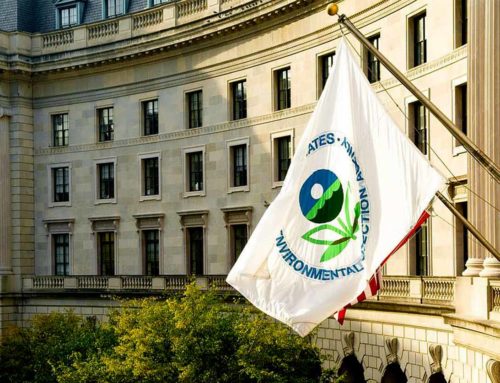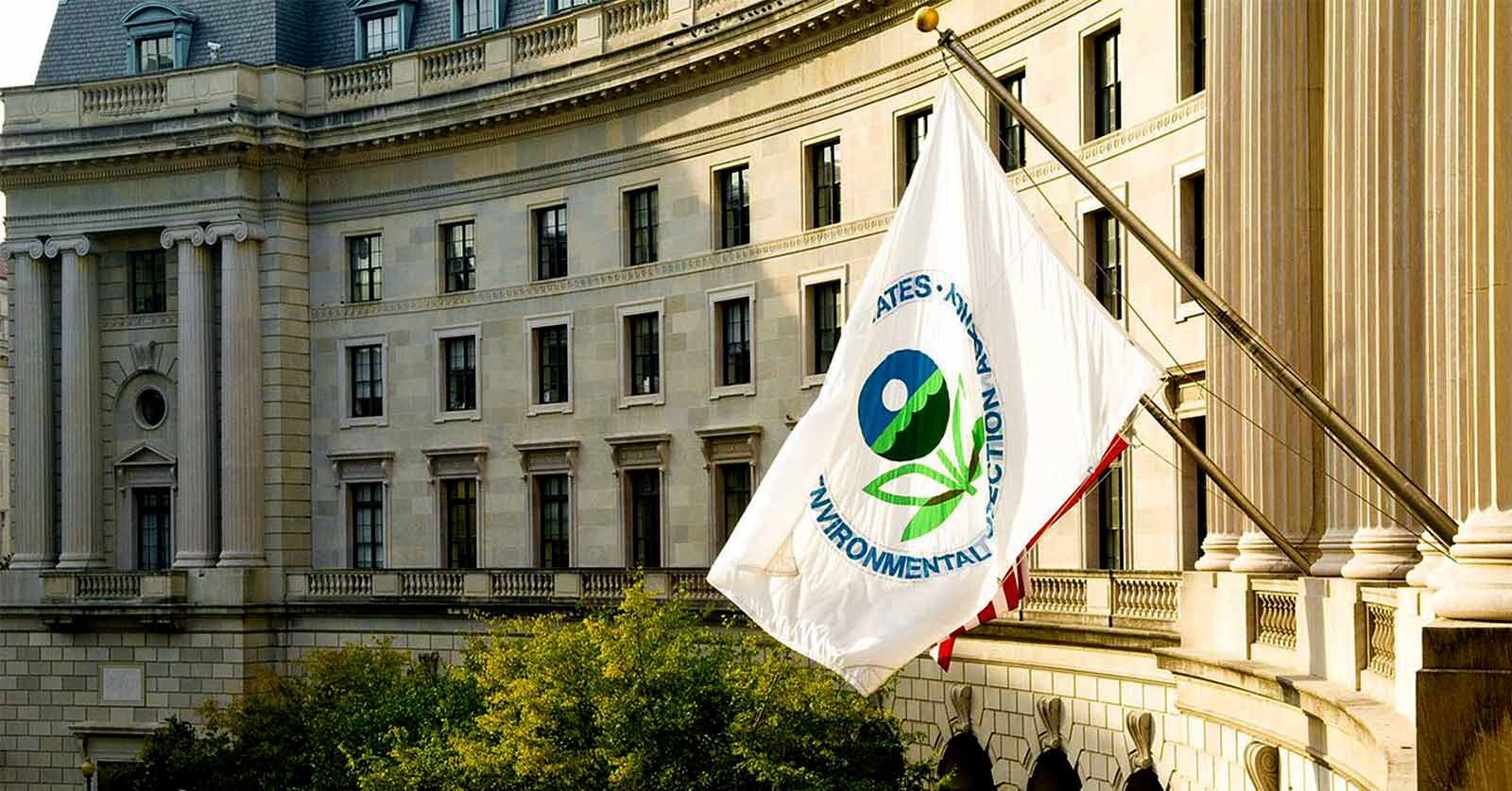With Washington deep into negotiations regarding another COVID-19 relief package, it’s important to remember what’s at stake. Infections and deaths continue to rise. Economic activity has flattened as consumer spending remains low and unemployment high. And the negative feedback loop of health crisis and economic crisis is about to amplify. Many federal responses, from increased unemployment insurance to moratoriums on evictions, expire in the coming weeks. Then there’s that whole conversation about how to safely educate the nation’s 57 million school children.
In the first week of the shutdown here in DC, we released our Weekly Wastebasket “Washington – Rise to the Occasion.” Before any of us had any idea of the depth and duration of this pandemic, we sounded an optimistic note. Having been through the 2008-2009 deep economic crisis, we noted that as a country, we were better prepared for the challenges ahead. We attempted to draw on lessons learned and laid out principles lawmakers needed to follow to ensure their response to this crisis was appropriate and effective. These still apply.
- Do What’s Necessary Not What’s Advantageous
- Deficits Still Matter in the Long Run
- Prioritize Response on Mechanisms with the Greatest Positive Effects
- Emergency Legislation Should Not Make Permanent Changes or Create Long-Term Liabilities
- Transparency and Accountability are Key
Alas, it appears not everyone is adhering closely to these principles.
Do What’s Necessary Not What’s Advantageous – Blanket Liability. One of the central questions, and sources of disagreement, is how to reopen the economy while still protecting workers. Evincing less concern about workers, Senate Majority Leader McConnell (R-KY) has made liability shields from COVID-19 claims a central priority for the next relief package. Immunity from civil liability for negligence does not prevent harm or injury. It simply shifts costs and burden – often onto taxpayers. It also provides a disincentive to mitigate risk. Finally, this is a solution in search of a problem. At the time of writing, of the more than 3,500 COVID-19 related lawsuits filed, only 69 are for wrongful death or injury for getting sick at work. (Also: Long term liabilities)
Deficits Still Matter in the Long Run – Defense Spending. We’ve called for overwhelming fiscal force in tackling COVID-19. But overwhelming does not mean a fiscal free for all. Somebody forgot to tell defense contractors. After getting themselves declared essential early in the pandemic, they’re now looking to get bailed out of pandemic-related expenses. Well, aren’t they special. And evidently the Pentagon agrees, saying they need to get them between $10 billion and the low tens of billions of dollars. And the rumblings are that Senate Republicans are going along with it. Businesses big and small are hurting, but defense contractors want a special carve out. The Pentagon gets more than $700 billion in annual appropriations, they shouldn’t be putting out the tin cup. (Also: Do what’s necessary, not advantageous).
Prioritize Response Mechanisms with the Greatest Positive Effects – Payroll Tax Holiday. Not all stimulus is created equal. There are plenty of things to debate, but nobody thinks a payroll tax cut is effective for this crisis. (Except the president.) It’s a poor tool for stimulus because workers don’t notice it, so they don’t spend the cash. It also misses the millions of people in need the most, those who aren’t working. And it further stresses already fiscally strained Social Security and Medicare programs. (Also: Long-term liabilities).
Emergency Legislation Should Not Make Permanent Changes or Create Long-Term Liabilities – “Farm” Safety Net Changes. Like the rest of the economy, much of the agricultural sector is suffering economic harm. But some special interests and the lawmakers carrying their water are trying to turn USDA’s pandemic payments into perennial payouts by permanently expanding the Secretary of Agriculture’s power. Most notably efforts to increase the Commodity Credit Corporation’s (CCC) spending authority by tens of billions and to enable the Secretary to send subsidies to “agricultural processing plants to ensure supply chain continuity” (aka ethanol plants and textile manufacturers) without having to first consult Congress. There’s a long history of USDA payments going to fake farmers. But such a drastic and expensive effort to spend “farm safety net” dollars on entities nowhere near the farm gate, would never pass muster in a farm bill debate and should not happen now. (Also: Do what’s necessary not advantageous)
Transparency and Accountability are Key – PPP, Fed lending, royalty relief, just about everything. Implementation of the CARES Act didn’t get off to a good start on transparency or accountability. The rollout of the Paycheck Protection Program stumbled. Treasury Secretary Mnuchin initially refused to reveal any of the recipients, then only released the entities receiving more than $150,000, less than 15 percent of the recipients. We don’t know who got turned down and there has been a push for blanket loan forgiveness. Not good. The Department of the Interior has been slow to release oil and gas royalty relief data. The information is often delayed by a month or more, and there are clearly gaps in the data. The Federal Reserve’s various lending facilities also have their problems. Some of the rules were tweaked in a way that benefited companies that already had pre-pandemic economic woes like the oil and gas industry or the trucking company that got a $700 million loan under the guise of national security. At least the Congressional Oversight Commission is doing its job, albeit without a chair because Leader McConnell and Speaker Pelosi (D-CA) can’t agree on one. The Pandemic Response Accountability Committee has begun work, but it and the Inspectors General are being stone-walled and slow-walked at every turn.
More than four months into this new pandemic reality, we can still do this. Policymakers, communities, and individuals have shown initiative and resolve in navigating these trying times. If we apply the lessons learned from the 2008 financial crisis and recovery and recent national disasters, we can save money, speed the recovery, and most importantly, save lives.














Get Social